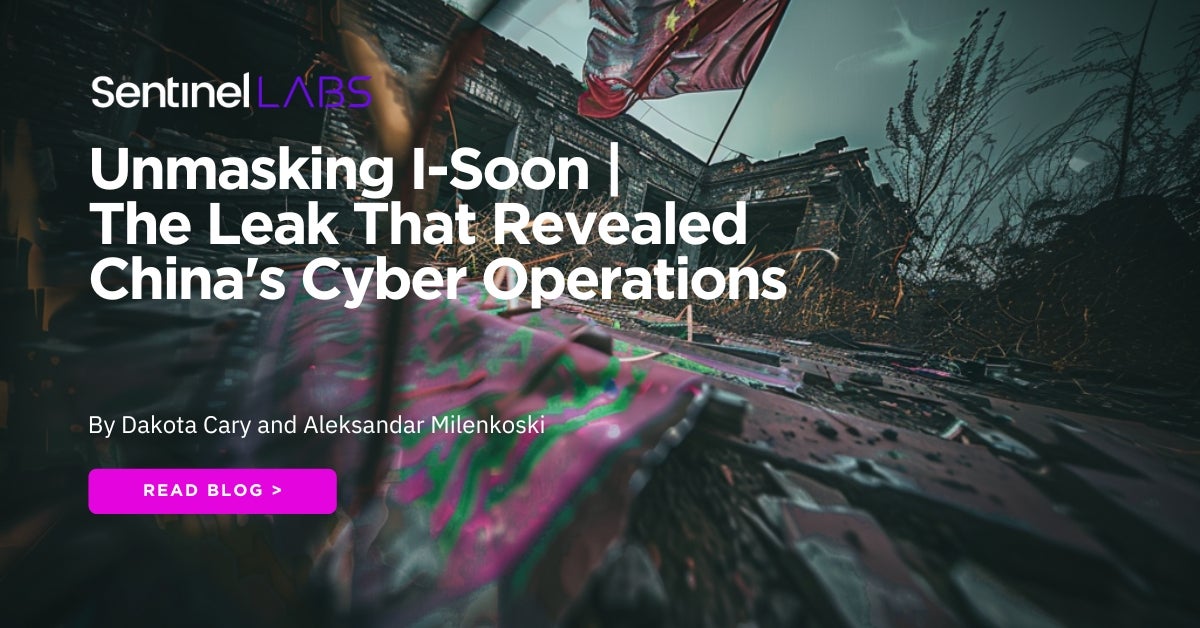
A massive data leak from a Chinese state-backed hacking group has provided an unprecedented look into the vast international hacking efforts carried out by Beijing's intelligence and military groups. The leaked documents, which have been deemed credible by cybersecurity experts, reveal that China has been exploiting vulnerabilities in software systems from companies including Microsoft, Apple, and Google to carry out large-scale cyber intrusions against foreign governments, companies, and infrastructure.
The data leak comes from iSoon or Auxun, a Chinese firm headquartered in Shanghai that sells third-party hacking and data-gathering services. The leaked cache contains over 570 files, images, and chat logs offering an unprecedented look inside the operations of one of the firms that Chinese government agencies hire for on-demand, mass data-collecting operations.
The documents detail contracts to extract foreign data over eight years and target at least 20 foreign governments and territories. The targets include India, Hong Kong, Thailand, South Korea, United Kingdom, Taiwan/Malaysia among others. China's intelligence and military groups are believed to be behind these hacking efforts.
The leaked files also reveal that iSoon offered a menu of services at various prices ranging from $15,000 for access to the private website of traffic police in Vietnam to $278,000 for software that helped run disinformation campaigns and hack accounts on X platform.
U.S. intelligence officials have long considered China as the greatest long-term threat to American security and have raised alarm about its targeted hacking campaigns against foreign governments, companies, and infrastructure.




